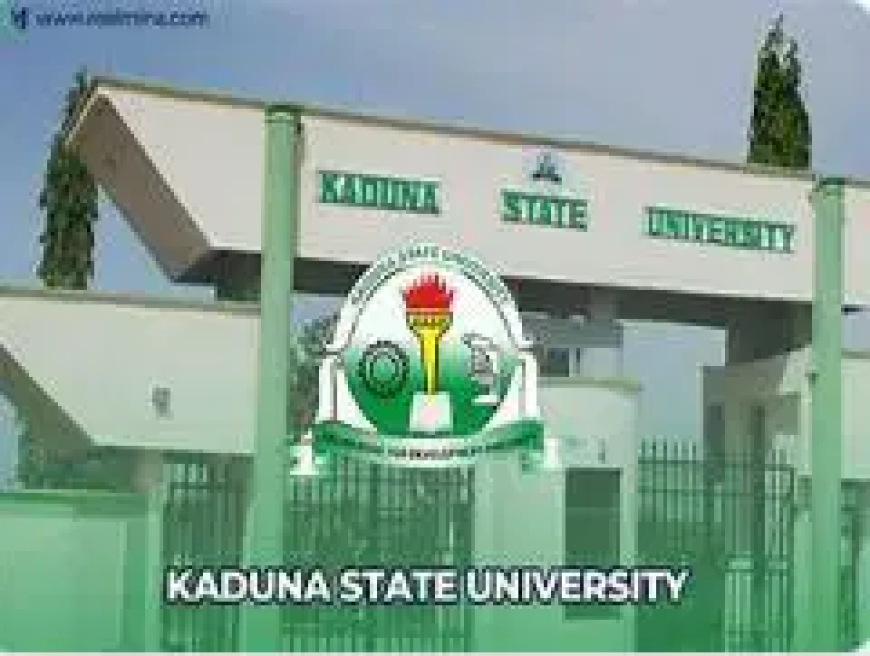Kaduna Govt, KASU lecturers set for dialogue to resolve strike

The Kaduna State Government has expressed readiness to engage in dialogue with the Academic Staff Union of Universities (ASUU), Kaduna State University (KASU) chapter, over the ongoing strike action, in a bid to restore normalcy to the institution.
A reliable government source told journalists that the administration remains committed to maintaining a harmonious relationship with academic staff and believes the union’s demands are not insurmountable.
The issues raised by the union are being looked into. There is nothing that could not be resolved through patient dialogue,” the source said, noting that some leaders may have acted under political influence.
The state government reaffirmed its commitment to education as a cornerstone of its development agenda. It highlighted several reforms under its 7-Point Sustain Agenda, including a reduction of tuition fees in state-owned tertiary institutions—KASU, Kafanchan College of Education, Gidan Waya, and Nuhu Bamalli Polytechnic—by over 40%.
“This decision brought relief to thousands of families across the state. It was followed by increased funding to support accreditation of existing courses and introduction of new programmes, all aimed at improving academic standards,” the source added.
At KASU, 34 out of 58 academic programmes have received full accreditation. Fifteen programmes have undergone verification by the National Universities Commission (NUC) and are awaiting results, while 13 new programmes introduced in 2024 have also been successfully verified.
The source noted that while some of the union’s demands date back to as far as 2016, the current administration is actively reviewing them. “Rushing into industrial action over longstanding issues under consideration appears hasty,” the source said.
Despite the current situation, the government expressed its willingness to meet with the union in good faith. “We are open to dialogue and committed to finding lasting solutions. The administration will not be distracted from its development goals,” the source emphasized.
In basic education, the government said it has constructed over 2,300 new classrooms, renovated 700 others, and provided over 30,000 pieces of furniture for pupils and teachers. It added that students’ performance in external examinations has improved from 54% to 67% in WAEC, NECO, and NABTEB.
The source called on the public to assess the administration’s educational reforms objectively, stating that efforts are being made to strengthen the system, not undermine it.

 admin
admin 


